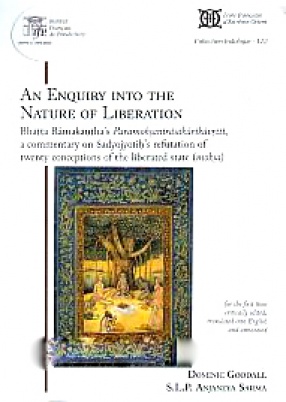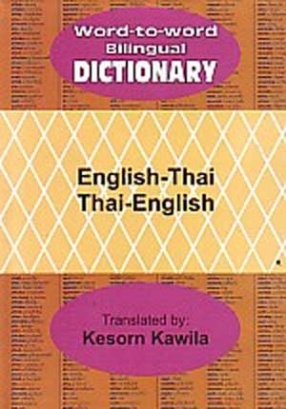This monograph concentrates on the nature and pace of phonological, morphological and syntactic change in the history of Indo-Aryan languages during the Middle Indo-Aryan period (4th C.B.C.-10th C.A.D.). Its round has been covered by various data-oriented philological studies. In this monograph, however, the latest linguistic methodology has been used. In phonology it offers a systematic account of historical phonological processes as against precisions atomistic treatments of phonetic innovations in Morphology, paradigmatic sets of the main Prakits (Pali, Ardha-Magadhi, Maharastri and Apabhramsa) are juxtaposed and analysed in terms of their own regularities; and selected topics inSyntax (word order, engatinity, passirization) are studied in theoretical framework of Functional Grammar.
ABOUT THE AUTHOR Vit Bubenik
Dr. Vit Bubenik, Professor of General and Historical Linguistics at Memorial University of Newfoundland, Canada, was born in 1942 in Czechoslovakia, where he studied Linguistics, Classics (Latin, Greek, Sanskrit) and Semitic languages at the Universities of Brno and Prague. After moving to Canada in 1970, he carried out several research projects at the Universities in Germany (Heidelberg, Munich) and Greece, and at the Bhandarkar Oriental Research Institute, Pune in India, under the sponsorship of Canada Council, Shastri Indo-Canadian Institute, and Alexander von Humboldt-Stiftung. His current research interests include Indo-Aryan Linguistics, Ancient and Medieval Greek, and the theory of Functional Grammar. He published a number of articles and monographs dealing with problems of General and Historical linguistics, including: The phonological Interpretation of Ancient Greek (Toronto 1984) and Hellenistic and Roman Greece as a Socio linguistic Area (Amsterdam 1989).




There are no reviews yet.